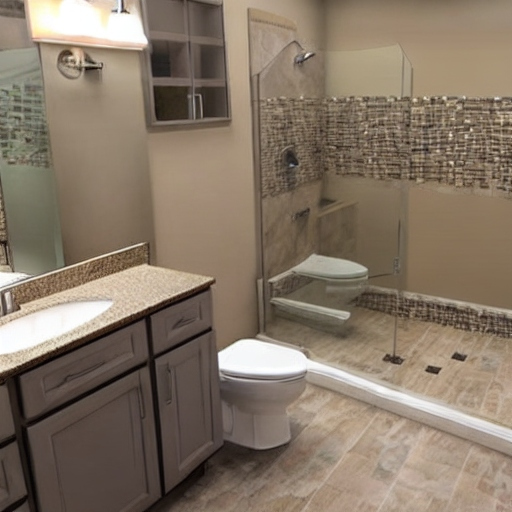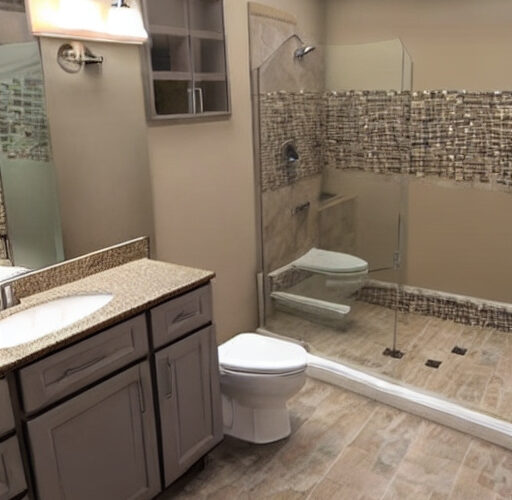Bathroom Remodel Cost

Bathroom Remodel Cost
Remodeling your bathroom can be an exciting project that not only enhances the aesthetics but also improves the functionality of one of the most important rooms in your home. However, before embarking on a bathroom remodel, it’s crucial to understand the costs involved to ensure your project stays within budget.
Factors Affecting Bathroom Remodel Costs
The cost of a bathroom remodel can vary widely depending on several key factors:
- The size of the bathroom: Larger bathrooms typically require more materials and labor, leading to higher costs.
- The scope of the project: Are you doing a complete remodel or just making minor updates like changing fixtures and tiles?
- Quality of materials: The cost can significantly vary based on your choice of fixtures, tiles, countertops, and other materials.
- Labor costs: Skilled labor costs can vary by location, and experienced professionals may charge more for their services.
- Permit and inspection fees: Depending on your local regulations, you may need permits for certain types of work, and these come with associated fees.
- Unforeseen issues: Hidden problems like plumbing or structural issues can add unexpected costs to your project.
Average Bathroom Remodel Costs
On average, a bathroom remodel can cost anywhere from $5,000 to $20,000 or more. For a basic remodel with minimal changes, you can expect to be on the lower end of this range. However, if you’re looking to completely overhaul your bathroom with high-end fixtures and materials, costs can quickly escalate.
Breakdown of Costs
Here is a rough breakdown of costs for a typical bathroom remodel:
- Materials: 40-50% of the budget
- Labor: 20-30% of the budget
- Fixtures and fittings: 15-20% of the budget
- Permit and inspection fees: 5-10% of the budget
- Contingency (for unexpected issues): 5-10% of the budget
Tips to Manage Bathroom Remodel Costs
To keep your bathroom remodel costs in check, consider the following tips:
- Create a detailed budget and stick to it.
- Get multiple quotes from contractors to ensure you’re getting a fair price for labor.
- Opt for mid-range materials and fixtures to balance quality and cost.
- Plan for a contingency fund to cover unexpected expenses.
- Consider DIY for non-structural tasks if you have the skills and time.

Leave a Reply